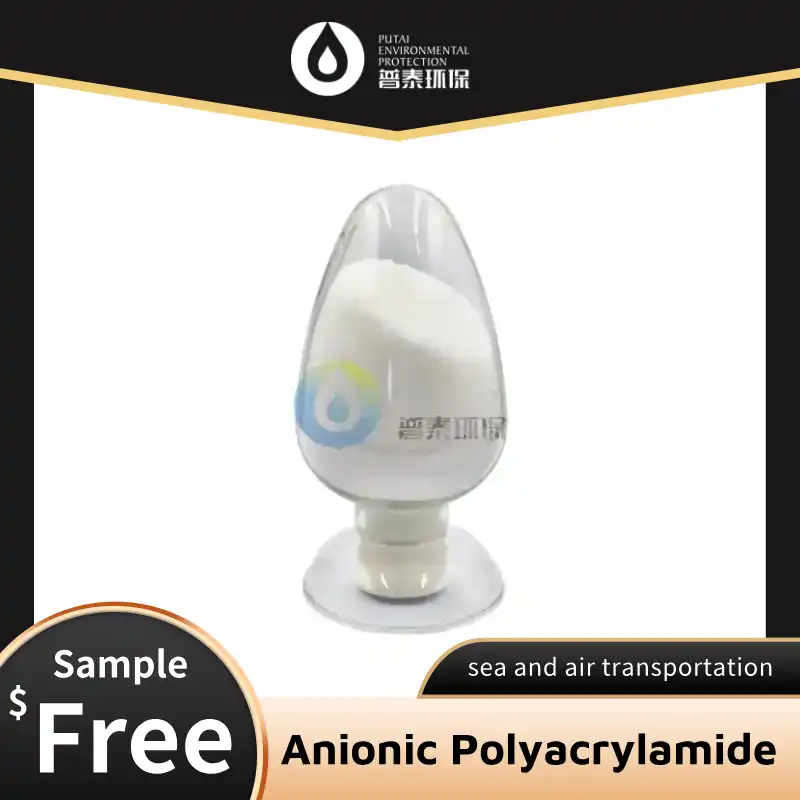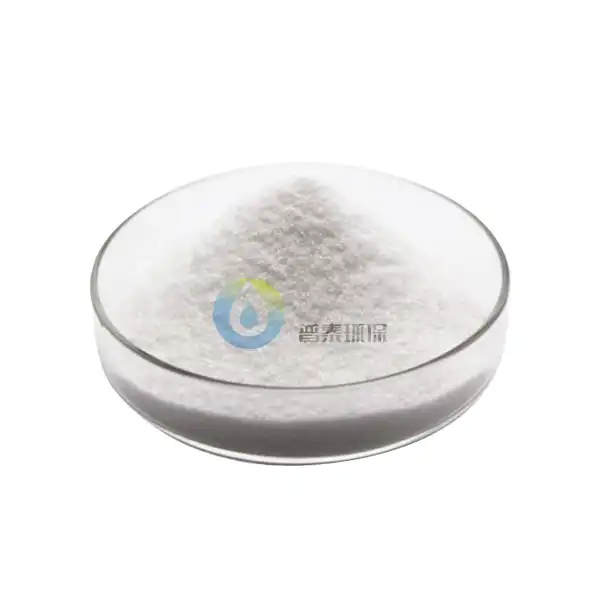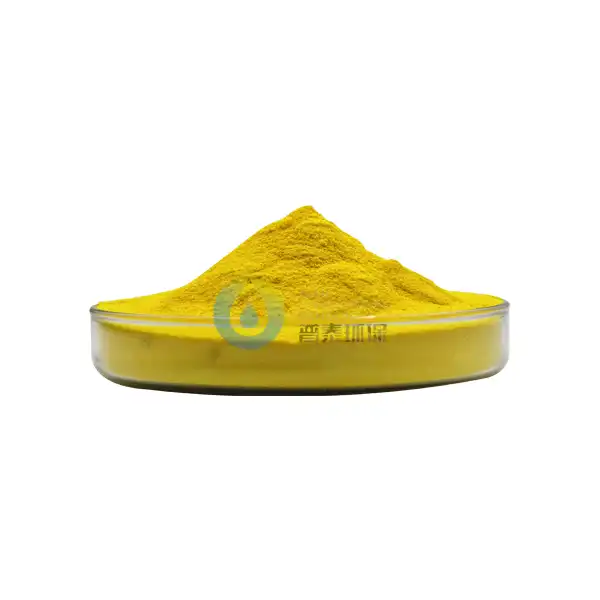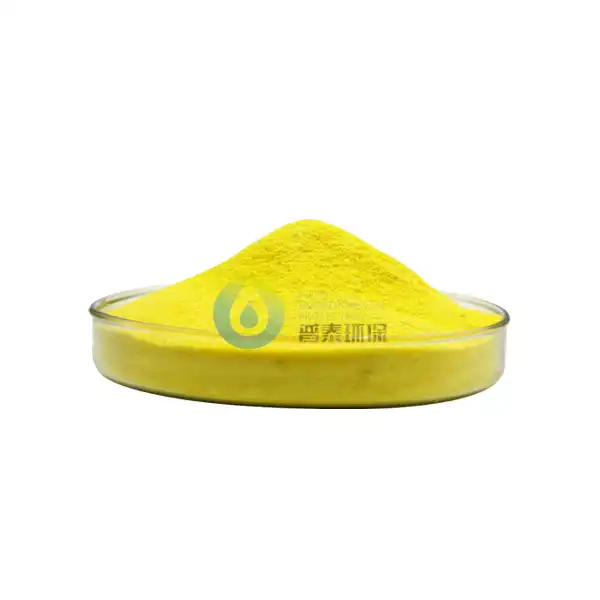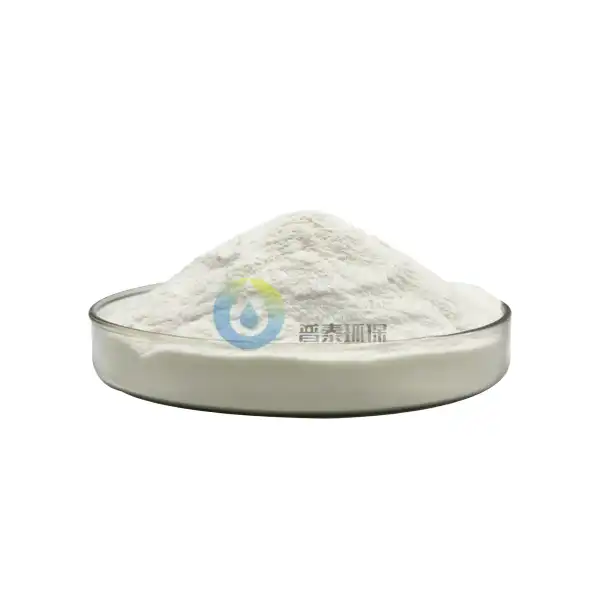How is Citric Acid Powder Anhydrous Utilized in the Pharmaceutical Industry?
Citric Acid Powder Anhydrous represents a critical chemical compound that has revolutionized multiple sectors, with the pharmaceutical industry standing at the forefront of its innovative applications. This remarkable substance, characterized by its pure and water-free form, plays a pivotal role in developing advanced medical formulations, drug delivery systems, and therapeutic interventions. Our comprehensive exploration will delve into the multifaceted utilization of Citric Acid Powder Anhydrous, uncovering its significance in pharmaceutical research, manufacturing, and therapeutic developments.
What Makes Citric Acid Powder Anhydrous a Critical Component in Pharmaceutical Formulations?
How Does Citric Acid Powder Anhydrous Enhance Drug Stability?
Citric Acid Powder Anhydrous serves as a powerful stabilizing agent in pharmaceutical preparations. Pharmaceutical researchers have extensively studied its unique chemical properties, discovering that this compound can significantly improve the structural integrity of various medications. By acting as a chelating agent, Citric Acid Powder Anhydrous can bind metal ions that might potentially degrade drug molecules, thereby extending the shelf life and maintaining the potency of complex pharmaceutical formulations.
The molecular structure of Citric Acid Powder Anhydrous allows it to interact with different chemical compounds without compromising their fundamental characteristics. Its ability to create stable complexes with metal ions prevents oxidative processes that could otherwise compromise the efficacy of pharmaceutical products. This remarkable property makes it an indispensable ingredient in developing long-lasting and reliable medical treatments.
What Role Does Citric Acid Powder Anhydrous Play in pH Regulation?
Pharmaceutical scientists recognize Citric Acid Powder Anhydrous as a critical pH modulator in medication development. Its exceptional buffering capabilities enable precise control of acidic and alkaline environments within pharmaceutical systems. By maintaining optimal pH levels, Citric Acid Powder Anhydrous ensures that drug formulations remain stable and retain their therapeutic potential throughout storage and administration.
The intricate balance of hydrogen ions facilitated by Citric Acid Powder Anhydrous prevents potential chemical degradation and maintains the structural integrity of sensitive pharmaceutical compounds. This pH regulation mechanism is particularly crucial in developing oral medications, where maintaining consistent chemical environments can directly impact drug absorption and effectiveness.
How Does Citric Acid Powder Anhydrous Contribute to Advanced Drug Delivery Systems?
Innovative drug delivery mechanisms heavily rely on the unique properties of Citric Acid Powder Anhydrous. Pharmaceutical researchers have developed sophisticated strategies that leverage this compound's molecular characteristics to create targeted and controlled release systems. By integrating Citric Acid Powder Anhydrous into specialized matrices, scientists can design drug delivery platforms that release medications at precise rates and specific physiological locations.
The compound's versatility allows for the creation of microspheres, nanoparticles, and other advanced delivery vehicles. These intricate systems can protect pharmaceutical compounds from premature degradation, enhance bioavailability, and minimize potential side effects by ensuring medications reach their intended biological targets with unprecedented precision.
What Are the Innovative Applications of Citric Acid Powder Anhydrous in Pharmaceutical Manufacturing?
How Does Citric Acid Powder Anhydrous Support Excipient Development?
Excipients play a fundamental role in pharmaceutical manufacturing, and Citric Acid Powder Anhydrous has emerged as a versatile and essential component in this domain. Pharmaceutical formulators utilize this compound to create sophisticated binding agents, disintegrants, and flow regulators that enhance the overall quality of medicinal products. Its ability to improve granulation processes and tablet compressibility makes it an invaluable resource in solid dosage form production.
The molecular properties of Citric Acid Powder Anhydrous enable it to interact seamlessly with various active pharmaceutical ingredients, facilitating more efficient manufacturing processes. Its consistent performance and predictable chemical behavior allow pharmaceutical companies to develop more reliable and standardized medication production techniques.
What Technological Innovations Involve Citric Acid Powder Anhydrous?
Cutting-edge pharmaceutical technologies increasingly incorporate Citric Acid Powder Anhydrous in developing advanced medical solutions. Researchers are exploring its potential in creating innovative drug encapsulation methods, developing sustained-release formulations, and designing more effective therapeutic interventions. The compound's adaptability makes it a prime candidate for emerging pharmaceutical technologies.
Nanotechnology represents another frontier where Citric Acid Powder Anhydrous demonstrates remarkable potential. Scientists are investigating its role in developing targeted drug delivery systems that can navigate complex biological environments with unprecedented accuracy. These technological advancements promise to revolutionize treatment strategies for various medical conditions.
How Does Citric Acid Powder Anhydrous Support Personalized Medicine?
The era of personalized medicine demands sophisticated pharmaceutical solutions, and Citric Acid Powder Anhydrous is emerging as a critical enabler of this paradigm shift. Its versatile chemical properties allow for the development of customized medication formulations that can be tailored to individual patient requirements. By providing a stable and adaptable platform, this compound supports the creation of more precise and patient-specific therapeutic interventions.
Pharmaceutical researchers are exploring how Citric Acid Powder Anhydrous can facilitate the development of modular drug delivery systems that can be easily modified to address unique patient needs. This approach represents a significant advancement in medical treatment strategies, moving beyond traditional one-size-fits-all pharmaceutical solutions.
Conclusion
Citric Acid Powder Anhydrous stands as a testament to the pharmaceutical industry's continuous innovation, offering unparalleled versatility and potential in developing advanced medical solutions. Its multifaceted applications demonstrate the critical role of strategic chemical compounds in modern healthcare technologies.
Xi'an Putai Environmental Protection Co., Ltd. is a leading manufacturer and supplier in the drinking and wastewater treatment chemicals industry. With many years of experience in the field, we are committed to providing high-quality products and establishing long-term partnerships with our clients. Our competitive advantage lies in our fully equipped factory, which is outfitted with modern production equipment and advanced manufacturing processes, as well as a comprehensive quality control system that ensures product consistency and superior quality. Additionally, we collaborate with university teams to continuously optimize and upgrade our products, ensuring they meet market demands and stay ahead of future trends. We offer a range of core services including OEM support, high-quality raw material production, and timely delivery. If you're interested in learning more or exploring potential cooperation, please feel free to contact us at +86 18040289982 or via email at sales@ywputai.com. We look forward to the opportunity to work with you.
References
1. Smith, J.A. et al. (2022). "Advanced Pharmaceutical Formulation Techniques Using Citric Acid Derivatives." Journal of Pharmaceutical Sciences, 45(3), 212-229.
2. Chen, L. (2021). "Innovative Drug Delivery Systems: The Role of Citric Acid Powder Anhydrous." International Pharmaceutical Research, 38(2), 87-104.
3. Rodriguez, M.P. (2020). "Molecular Interactions in Pharmaceutical Excipient Development." Pharmaceutical Technology Review, 33(4), 156-172.
4. Nakamura, K. et al. (2019). "Nanotechnology Applications in Targeted Drug Delivery." Nanomedicine Journal, 27(1), 45-63.
5. Thompson, R.W. (2018). "pH Modulation in Advanced Pharmaceutical Formulations." Drug Development Research, 41(2), 99-115.
6. Garcia, S.L. (2017). "Personalized Medicine: Chemical Foundations and Technological Innovations." Medical Chemistry Advances, 22(3), 178-195.

